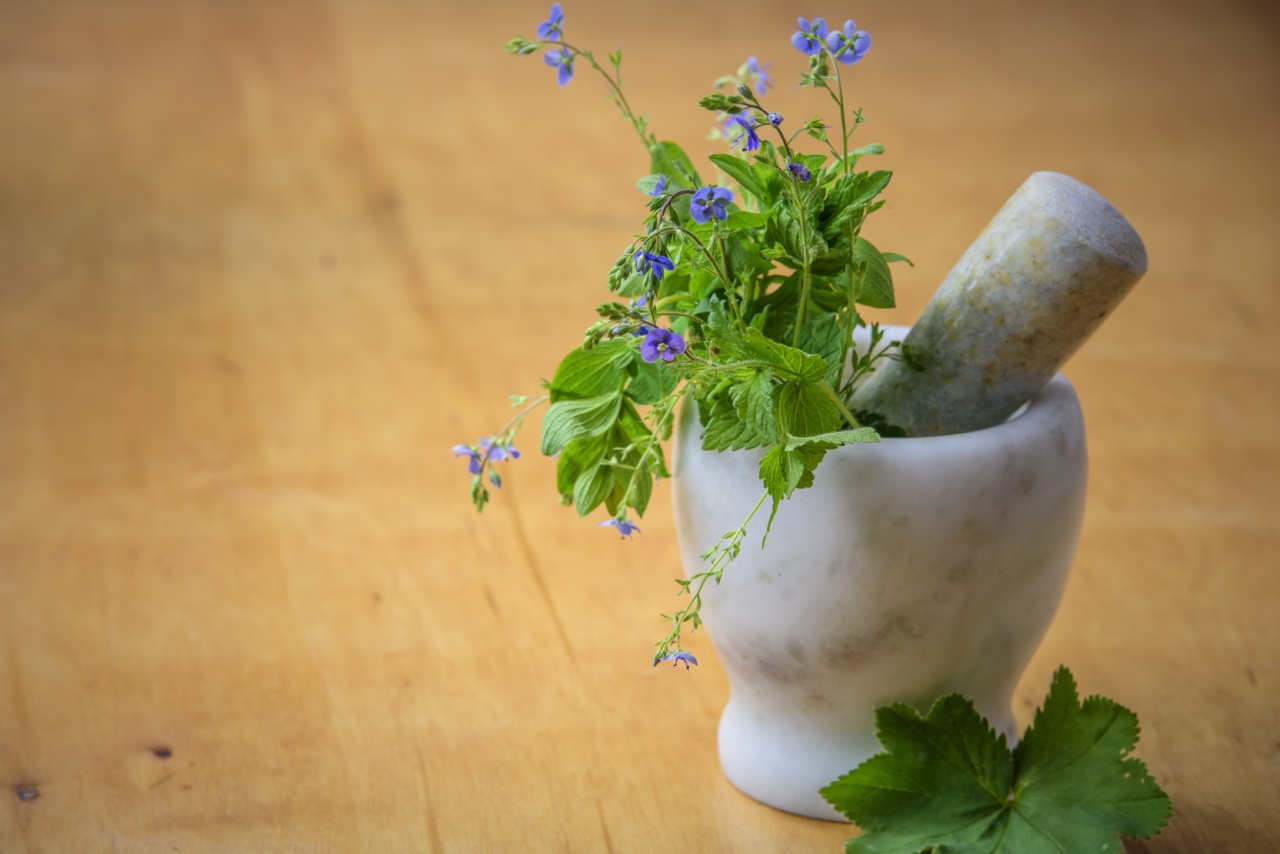Welcome to the world of herbal medicine! Herbal remedies have been used for centuries to treat a variety of ailments and promote overall well-being.
Having a well-stocked herbal medicine cabinet can be a great way to take care of common health issues naturally. In this article, we will explore some must-have herbs and remedies that should be a part of everyone’s herbal medicine cabinet.
1. Chamomile
Chamomile is known for its calming properties and is often used to promote relaxation and alleviate anxiety. It can also help with digestive issues such as indigestion, bloating, and stomach cramps.
Chamomile tea is an excellent way to enjoy its benefits.
2. Echinacea
Echinacea is a powerful herb that is commonly used to boost the immune system and prevent colds and flu. It can also help shorten the duration of a cold if taken at the onset of symptoms. Echinacea supplements or tinctures are readily available.
3. Ginger
Ginger is a versatile herb that has many health benefits. It aids digestion, relieves nausea and motion sickness, and reduces inflammation. Ginger tea or ginger capsules are popular choices to include in your herbal medicine cabinet.
4. Peppermint
Peppermint is a refreshing herb that is commonly used for digestive issues such as gas, bloating, and stomach cramps. It also helps relieve headaches and nasal congestion. Peppermint tea or essential oil can be beneficial.
5. Lavender
Lavender is well-known for its relaxing and calming effects. It can help reduce stress, promote better sleep, and alleviate headaches and migraines. Lavender essential oil can be used in a diffuser or applied topically after dilution.
6. St. John’s Wort
St. John’s Wort is often used to promote mental well-being and relieve mild to moderate depression. It can also help with anxiety and mood swings. St. John’s Wort supplements are commonly available in health food stores.
7. Turmeric
Turmeric is a powerful anti-inflammatory herb that can help reduce pain and swelling in the body. It is commonly used for joint pain, arthritis, and other inflammatory conditions. Turmeric supplements or adding it to your meals can provide its benefits.
8. Valerian Root
Valerian root is a natural remedy for insomnia and sleep disorders. It can help induce sleep and improve sleep quality. Valerian root supplements or herbal teas are great options for a restful night’s sleep.
9. Aloe Vera
Aloe vera has soothing properties and is commonly used to treat burns, cuts, and skin irritations. It can also help with digestive issues such as acid reflux and irritable bowel syndrome.
Aloe vera gel or juice should be included in your herbal medicine cabinet.
10. Garlic
Garlic is a potent herb with numerous health benefits. It has antibacterial and antiviral properties, making it effective against colds, flu, and other infections. Garlic can be eaten raw, added to meals, or taken as a supplement.
Conclusion
These ten herbs are just the tip of the iceberg when it comes to herbal medicine. Having them in your herbal medicine cabinet can help you address a range of health concerns naturally.
However, it’s always a good idea to consult with a healthcare professional before using any new herbs or remedies, especially if you have underlying medical conditions or are taking medications.































